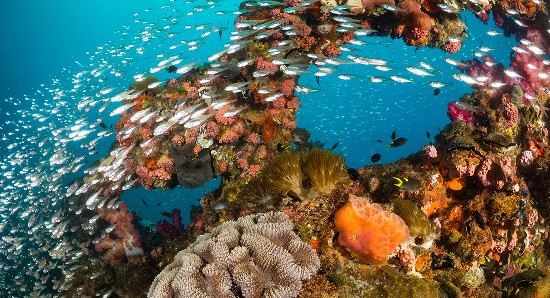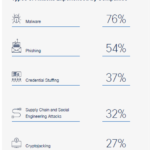“The oceans support all life on Earth.” – Dr. Laura Meller, Greenpeace
“Without a healthy ocean we put marine life, coastal livelihoods, and global food stability at grave risk.” – Trevor Jones, Only One
“A High Seas Treaty is imperative to meet the collective commitment to conserve 30% of the Earth’s ocean this side of 2030” – Jennifer Morris, CEO of The Nature Conservancy
In 2017, the members of the General Assembly of the United Nations convened to review the existing Convention on the Law of Sea with the idea to look at providing protection for marine biodiversity and ocean waters beyond marine national government boundaries and exclusive economic zones. Subsequently, there have been meetings at the United Nations to work through outstanding issues with the last in August 2022. A revised Intergovernmental conference is now underway and expected to last two weeks to complete a new High Seas Treaty.
The world’s oceans and seas cover more than 70% of the planet’s surface. The ocean contains 1.35 billion cubic kilometres (324 million cubic miles) of water representing 97% of all the water on the planet. The ocean is where life on Earth first came from and is what makes the continuation of life on this planet possible.
A portion of the ocean lies within the jurisdictions of nation-states. In these locales, countries establish the rules regarding the exploitation of ocean resources from below the seabed, through the entire vertical water column, to the surface as above. But beyond these jurisdictions is a collective commons where national laws bear no weight. That, however, hasn’t stopped countries, fishers, fossil fuel companies and even mining ventures from staking claims. In this arena, a mere 1.2% is currently protected from those looking to exploit what the ocean has to give.
A new treaty is needed to address ocean commons by offering game-changing protection and putting in place stronger assessment measures to manage human activities. At the recent COP15 convention held in Montreal, Canada, attendees agreed to conserve and manage by 2030, 30% of coastal and marine areas to protect ocean biodiversity. Included in the commitments were assurances to implement sustainable practices around the harvesting of wild marine species, and preventing overexploitation.
So in convening this week at the United Nations in New York, the pressure is on member nations to ensure that a revised Convention is agreed upon and that is ambitious enough to result in a healthy ocean rather than a degraded one.
Key issues still to be addressed include:
- Measures to ensure the new treaty can deliver effective new marine protected areas rather than “paper parks.”
- Safeguards to avoid harm from human activities affecting the high seas and the deep seabed.
- Creation of a strong institutional framework for implementation and compliance.
- Rules are needed to stop any one country from blocking collective progress.
- The addressing of critical financial and equity issues for capacity building and sharing of the benefits to be accrued from marine genetic resources.
Sara Bevis from the High Seas Alliance described last year’s unfinished business as coming frustratingly close to getting the treaty completed. She notes in a United Nations press release issued today, “With the accelerating climate and biodiversity crises, time is not a luxury we have to put ocean health back on track…This time round we need to seize the moment and get an ambitious treaty over the finish line, so we can roll up our sleeves and work on the crucial tasks of getting the treaty ratified and implemented.”
One issue not mentioned in the press release is the need to address ocean acidification correlated to human activity increasing greenhouse gas emissions in the atmosphere. The implications on marine biodiversity of an increasingly acidic ocean impact coral reefs, all types of crustacea and shellfish, and zooplankton.
Let’s hope that these next two weeks don’t go the way of so many international conventions and meetings these days with more hot air than promises kept and delivered. Humanity owes it to all the creatures great and small on the planet to get this done.
















[…] Read more […]